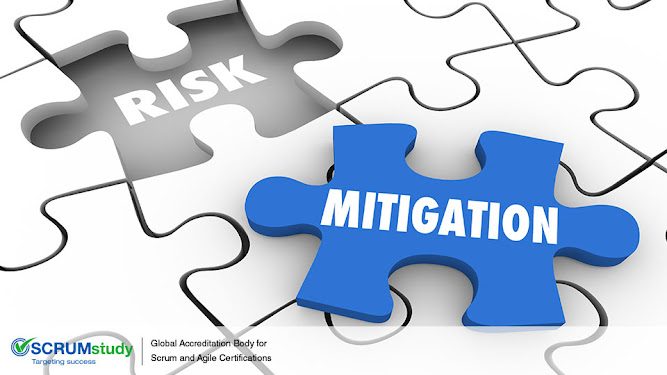Top Skills Every Successful Scrum Master Should Master
In the world of Agile project management, a Scrum Master plays a crucial role in ensuring the success of Scrum teams. A skilled Scrum Master not only facilitates smooth project flow but also helps teams overcome challenges and continuously improve their processes. To excel in this role, certain key skills are essential. Let’s dive into the top skills every successful Scrum Master should master.
Servant Leadership
Servant leadership is at the heart of the Scrum Master role. Rather than managing the team in a traditional sense, a Scrum Master focuses on serving the team by removing obstacles, providing guidance, and ensuring a collaborative work environment. This approach enables team members to excel, fostering self-management and ownership of the work.
Facilitation Skills
Scrum Masters are responsible for facilitating key Scrum events such as Sprint Planning, Daily Standups, Sprint Reviews, and Retrospectives. Strong facilitation skills help ensure these meetings are productive, time-efficient, and goal-oriented. A great Scrum Master knows how to engage the team, ensure participation, and keep discussions focused on achieving objectives.
Conflict Resolution
In any team, conflicts are bound to arise. A Scrum Master needs to have strong conflict resolution skills to address these issues before they escalate. The ability to mediate disagreements, foster open communication, and guide teams to solutions that work for everyone is vital to maintaining a healthy and productive work environment.
Coaching and Mentoring
Scrum Masters act as coaches for their teams, helping them understand and apply Scrum principles. This involves not only educating team members on Scrum practices but also mentoring them on Agile mindsets, cross-functionality, and continuous improvement. A successful Scrum Master is a patient coach who helps individuals grow professionally.
Technical Understanding
Although Scrum Masters don't need to be technical experts, having a basic understanding of the project's technical aspects is highly beneficial. This knowledge allows the Scrum Master to better understand the development team's challenges, facilitate communication between technical and non-technical stakeholders, and offer relevant support when needed.
Effective Communication
Strong communication skills are essential for any Scrum Master. Whether they are coordinating with the Product Owner, Development Team, or stakeholders, Scrum Masters need to convey information clearly and concisely. Effective communication helps in resolving misunderstandings, clarifying expectations, and ensuring that everyone is aligned on project goals.
Adaptability
In Agile environments, change is constant. A Scrum Master must be adaptable, and ready to pivot quickly as project requirements, team dynamics, or organizational priorities shift. Being adaptable ensures that the team can respond effectively to change, allowing them to deliver value continuously.
Emotional Intelligence
Emotional intelligence is a key skill for Scrum Masters as it enables them to connect with team members on a deeper level. Understanding the emotions and motivations of individuals helps Scrum Masters guide the team through tough situations, manage stress, and foster a supportive, collaborative environment.
Problem-Solving Abilities
Scrum Masters are the first line of defense regarding problem-solving in Scrum teams. Whether it’s removing blockers, addressing team dysfunctions, or optimizing workflow processes, a Scrum Master must have strong problem-solving skills to ensure the team can work efficiently and meet Sprint goals.
Time Management
Effective time management is crucial for a Scrum Master. They are responsible for ensuring that Scrum events stay within time-boxed limits and that the team is on track to meet deadlines. By managing time effectively, Scrum Masters help teams maintain a steady and sustainable pace of work, preventing burnout while ensuring timely delivery of project increments.
Conclusion
The role of a Scrum Master is multifaceted, requiring a unique blend of soft and technical skills. Mastering servant leadership, facilitation, communication, and conflict resolution are just some of the key abilities that contribute to a Scrum Master's success. By developing these skills, Scrum Masters not only guide their teams to project success but also foster a collaborative, innovative, and continuously improving work environment.
GET MORE FROM SCRUMstudy
Join SCRUMstudy™ LinkedIn Group




Comments
Post a Comment